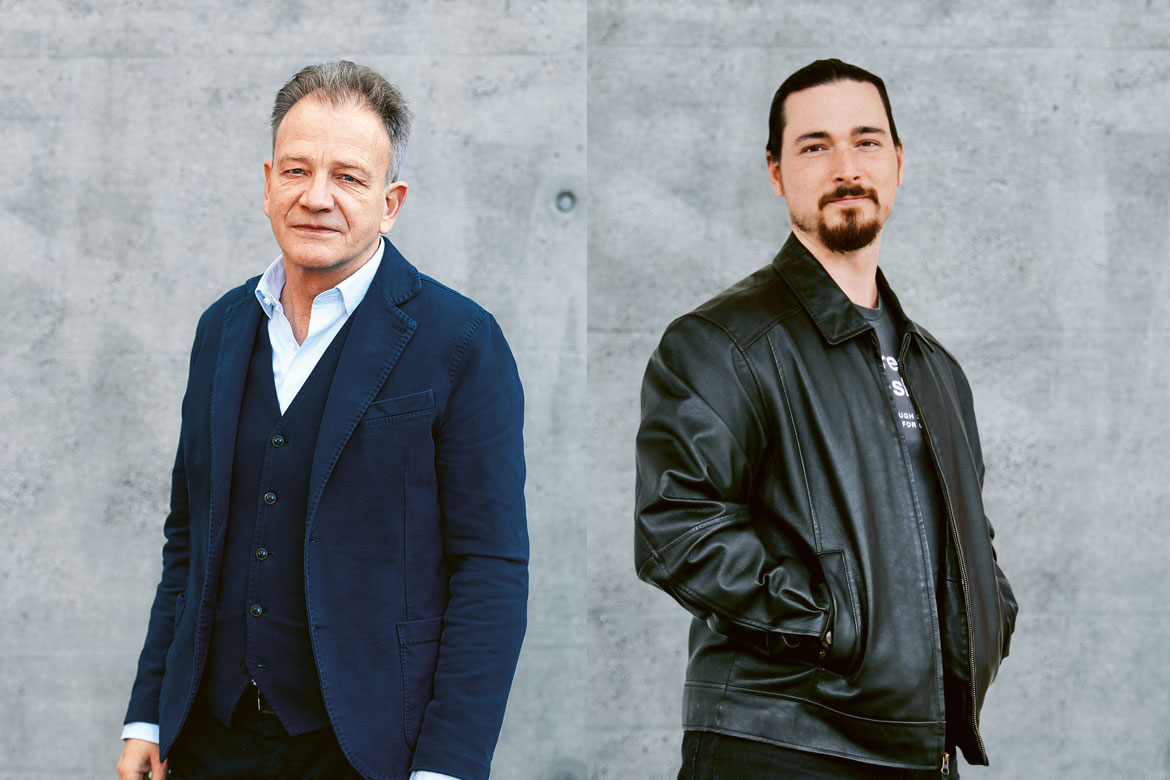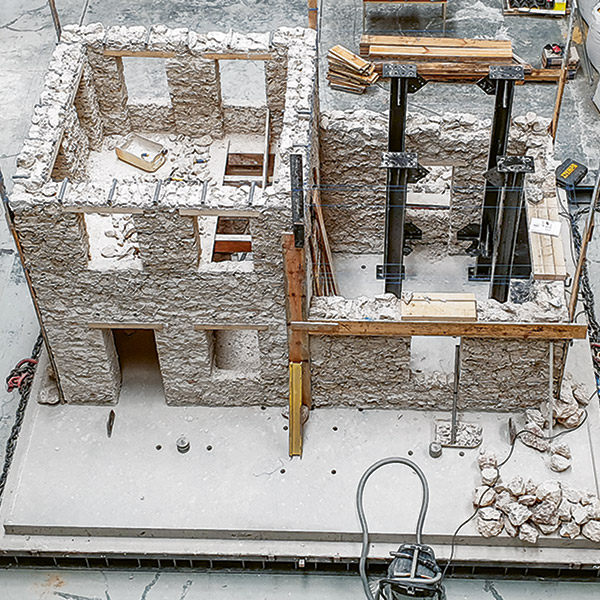Testing artificial intelligence
It’s easy to deceive AI algorithms. But a new test could automatically ensure their reliability.

Just get in and trust the ‘driver’. In Sion’s Smart Shuttle, AI is at the wheel. | Image: Postauto
Computer scientists at ETH Zurich have presented a new system for testing neural networks. These elements of artificial intelligence are taking on increasing responsibilities – such as in medical imaging diagnostics and robotics – despite the fact that we cannot always rely on the decisions they make. Algorithms for machine vision are particularly susceptible, because the tiniest changes to images can deceive them.
However, it is simply impossible to test all possible image deviations to assess their effect on an algorithm. This is why the DeepPoly system, developed by Martin Vechev and his colleagues, assesses the global stability of such neural networks in the face of small disturbances. It runs on an abstract level, and creates a simplified mathematical model of network behaviour – so-called linear approximation. Vechev maintains that DeepPoly is highly efficient, and can be upscaled to deal with networks containing an especially high number of neural nodes. This is necessary because the structure of neural networks is becoming increasingly complex.
Vechev’s research team will now further refine their test procedure and examine its reactions to larger, more complicated distortions. They already have preliminary results. Furthermore, the group is devising a fundamentally new concept for programming neural networks, structuring them right from the start so as to make them easier to test. That’s a good idea, given the high degree of responsibility we assign to them.
G. Singh et al.: An Abstract Domain for Certifying Neural Networks. Proceedings of the ACM on Programming Languages (2019)




